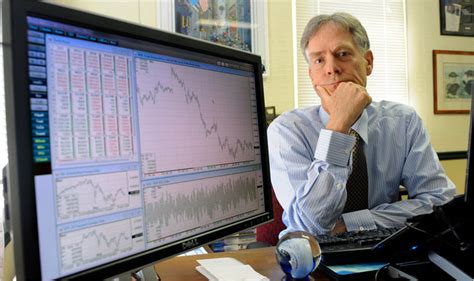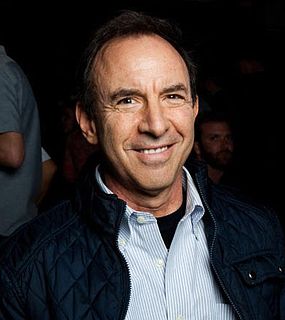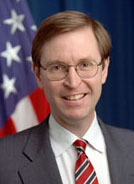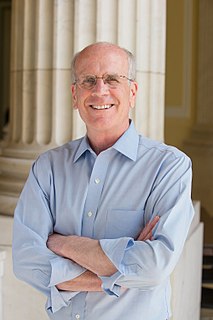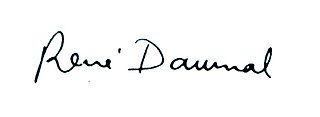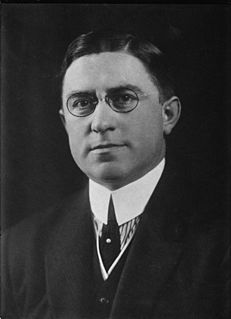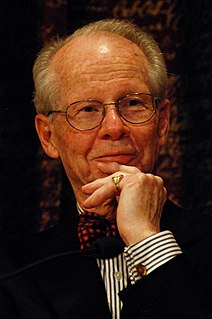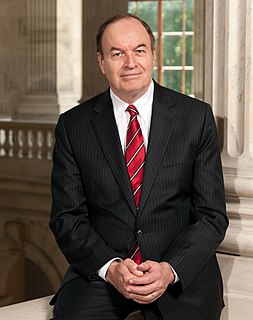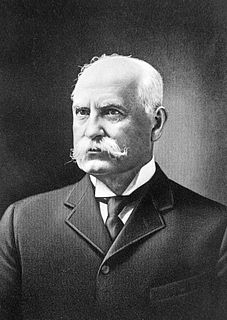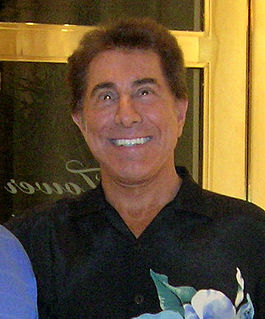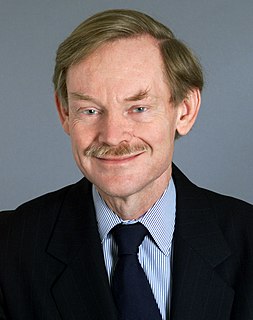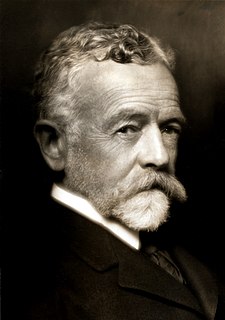Top 1200 Federal Reserve Quotes & Sayings - Page 3
Explore popular Federal Reserve quotes.
Last updated on November 20, 2024.
People in America get really angry at the Federal Reserve and at the "money system" in general during economic crises. The Fed draws hostility because of its power, its insulation from democratic accountability, its lack of transparency, and because of its historical and structural connections to finance.
The Federal Reserve is the overlord of the money supply. If these two are not steering in the same direction, they can either neutralize each other or have the economy lurching in all directions. This is not a rational system for setting economic policy. It has given us trouble in the past, as the text will establish, and will inevitably in the future.
It is just that he should act with reserve towards those who act with reserve towards him. On the contrary, he gives himself entirely to those souls, who, driving from their hearts everything that is not God, and does not lead them to his love, and giving themselves to him without reserve, truly say to him: My God and my all.
The best thing I have are 5 percent bonds from 1780, denominated from $1 to $20. As far as I can tell, they are obligations from the United States of America, so I should be able to walk down to the Federal Reserve and redeem the uncanceled ones. With 217 years of accrued interest, for a $20 bond, that's about $800,000.
The reason inflation was brought down to manageable levels, by the time of Ronald Reagan's re-election, was directly attributable to Jimmy Carter's very courageous act, hiring a Federal Reserve chair, with the charge to induce a recession. That recession was probably the reason he didn't win a second term.
There are a number of institutions globally where the Federal Reserve typically leads the U.S. effort to work with financial regulators from other countries, and we try to, to the extent possible, establish international standards for how - the amount of capital a bank should hold, for example, or how much.
We have, in this country, one of the most corrupt institutions the world has ever known. I refer to the Federal Reserve Board. This evil institution has impoverished the people of the United States and has practically bankrupted our government. It has done this through the corrupt practices of the moneyed vultures who control it.
The organization of the government itself is something which we ought to examine in a more self-conscious way - the Federal Reserve and the Treasury and the Securities and Exchange Commission. The mission that each of them has is mainly economic but should be informed by good organizational practices.
Modern conservatism was forged in the crucible of the 1970s inflation crisis, and in the aftermath of the 2008 financial crash many conservatives were convinced that there was nothing the Federal Reserve could do about the vast army of the unemployed without touching off a similar inflationary spiral.
The proposed constitution, therefore, even when tested by the rules laid down by its antagonists, is, in strictness, neither a national nor a federal constitution; but a composition of both. In its foundation it is federal, not national; in the sources from which the ordinary powers of the government are drawn, it is partly federal, and partly national; in the operation of these powers, it is national, not federal; in the extent of them again, it is federal, not national; and finally, in the authoritative mode of introducing amendments, it is neither wholly federal, nor wholly national.
Dodd-Frank greatly expanded the regulatory reach of the Federal Reserve. It did not, however, examine whether it was correctly structured to account for these new and expansive powers. Therefore, the Committee will be examining the appropriateness of the Fed's current structure in a post Dodd-Frank world.
[Ben Carson] critics say that your inexperience shows. You've suggested that the Baltic States are not a part of NATO, you were unfamiliar with the major political parties and government in Israel, and domestically, you thought Alan Greenspan had been treasury secretary instead of federal reserve chair.
To minimize market uncertainty and achieve the maximum effect of its policies, the Federal Reserve is committed to providing the public as much information as possible about the uses of its balance sheet, plans regarding future uses of its balance sheet, and the criteria on which the relevant decisions are based.
As you know, in the latter part of 2008 and early 2009, the Federal Reserve took extraordinary steps to provide liquidity and support credit market functioning, including the establishment of a number of emergency lending facilities and the creation or extension of currency swap agreements with 14 central banks around the world.






